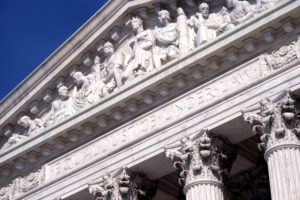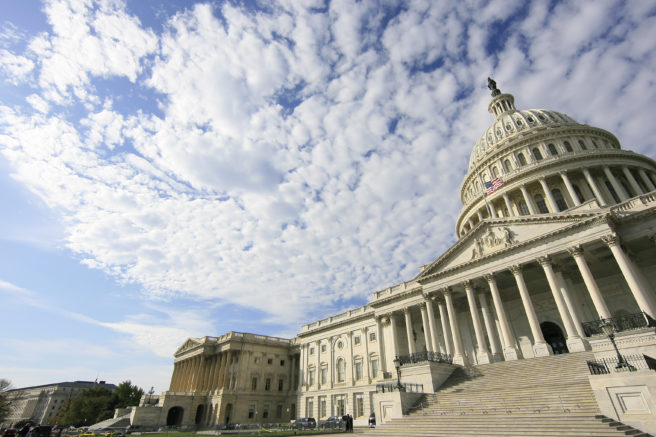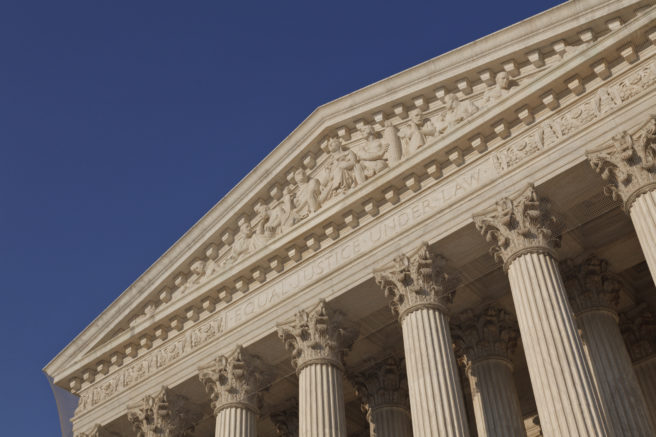On Thursday, February 8, the Federal Communications Commission (FCC) finalized its plan to ban robocalls that feature voices generated by artificial intelligence, aiming to stem the tide of AI-generated scams and misinformation campaigns. The FCC’s declaratory ruling formalized its position that the Telephone Consumer Protection Act (TCPA)—specifically, the provision prohibiting the initiation of calls “using



 The Equifax and Facebook-Cambridge Analytica scandals, coupled with the proliferation of state privacy and security laws such as the
The Equifax and Facebook-Cambridge Analytica scandals, coupled with the proliferation of state privacy and security laws such as the  The U.S. Supreme Court’s grant this week of the petition for certiorari in a case involving the Telephone Communication Protection Act (TCPA) prohibition on unsolicited fax advertisements could have significant implications for the Federal Communication Commission’s (FCC) anticipated ruling on what constitutes an automatic telephone dialing system (ATDS) under the TCPA.
The U.S. Supreme Court’s grant this week of the petition for certiorari in a case involving the Telephone Communication Protection Act (TCPA) prohibition on unsolicited fax advertisements could have significant implications for the Federal Communication Commission’s (FCC) anticipated ruling on what constitutes an automatic telephone dialing system (ATDS) under the TCPA. The decision last week by the U.S. Court of Appeals for the D.C. Circuit on petitions seeking review of the Federal Communications Commission’s 2015 Declaratory Ruling and Order implementing the Telephone Consumer Protection Act (TCPA) represents a partial victory for the industry.
The decision last week by the U.S. Court of Appeals for the D.C. Circuit on petitions seeking review of the Federal Communications Commission’s 2015 Declaratory Ruling and Order implementing the Telephone Consumer Protection Act (TCPA) represents a partial victory for the industry.